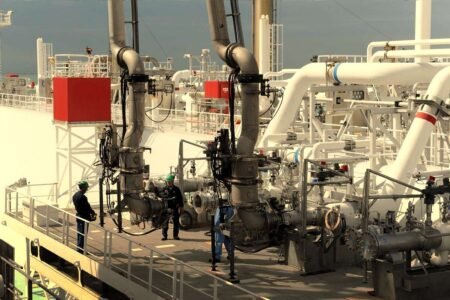“This is a deeply flawed draft report. It contains unworkable provisions which would be a disaster for citizens and the climate.
The rapporteur, Adam Gierek MEP, appears to have decided to dismantle everything that works well in the current Energy Efficiency Directive – like the energy savings obligation – in order to allow Member States to waste more energy, not use less.
MEPs must tear up this report and instead use the draft opinion from the Environment Committee by Jytte Guteland for inspiration.”
What?
The Energy Efficiency Directive is currently undergoing revision as part of the European Commission’s ‘Clean Energy for all Europeans’ package. In November 2016, the European Commission proposed a 30% energy efficiency binding target at EU level for 2030.
For the European Parliament, the leading committee is the Committee on Industry, Research and Energy (ITRE) and the Rapporteur is Adam Gierek, a Polish MEP from the S&D Group. The draft report is here.
The European Parliament Committee on Environment, Public Health and Food Safety (ENVI) is also giving an opinion. The Rapporteur is the Swedish MEP Jytte Guteland, also from the S&D Group. The draft opinion is here.
Next steps?
The ITRE committee will consider the report on 21-22 June and MEPs can table amendments until 28 June. The final vote in the ITRE committee is expected on the 11-12 October.
The EU Member State energy ministers will discuss the Energy Efficiency Directive on 26 June; it is unclear at this stage whether they will reach agreement – a ‘general approach’ – on the EED as there are still many open issues, particularly on the nature of the target (binding or indicative) and on the energy saving obligations (Article 7).







